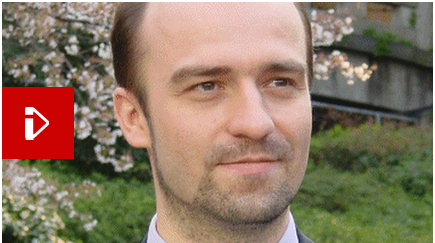BBC: UK QE has failed, says quantitative easing inventor

Yesterday’s BBC article entitled UK QE has failed, says quantitative easing inventor, discloses a little known story behind the term “Quantitative Easing”.
The term was originally invented by Prof Richard Werner (member of our Board of Advisors), however has little to do with QE as we know it today. In fact, the policy that became known as QE – implemented first by the Bank of Japan and later by the Bank of England – was done exactly as Prof R Werner advised not to do it.
“That’s absolutely not what my policy was about,” says Prof Werner. “In my original article, I specifically argued against either lowering interest rates or expanding central bank reserves. That was my whole point – traditional solutions weren’t going to work. Actually, it was a bit upsetting.”
Then, in an additional twist, the Bank of England also later adopted Prof Werner’s QE label – but, again, to describe a policy with which he didn’t agree.
“It was one thing when the Bank of Japan did it, because that was over in Japan and was some time ago,” he says. “But once the Bank of England also started using the phrase, I thought ‘Hang on – I’ve got to speak up and make clear that the original definition is quite different.'”
Here you can listen to 1 minute interview with Prof Werner about how the phrase Quantitative Easing was invented:

You can read the whole article here.
Prof Richard Werner’s original proposal was ‘promoting a policy that involved more credit creation’ [by commercial banks], rather than changing the price of money’.Positive Money’s proposals are different, they are based around the central banks creating money that can be spent into the economy by the government. More here.